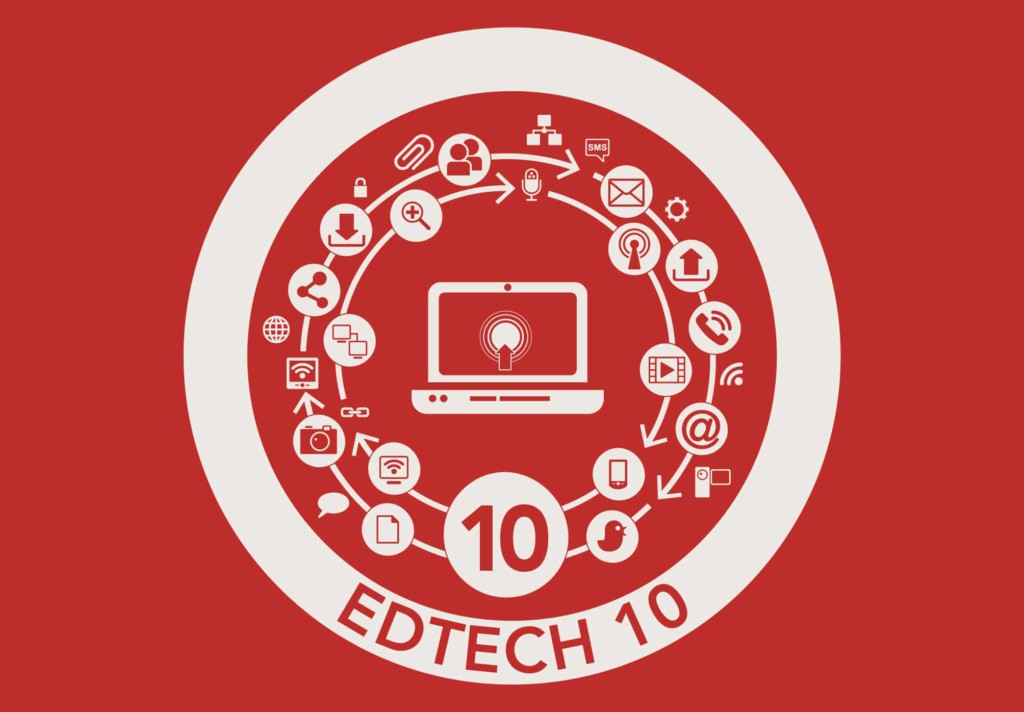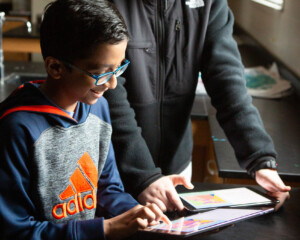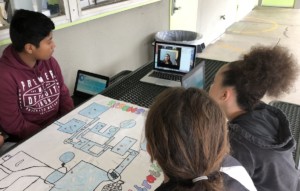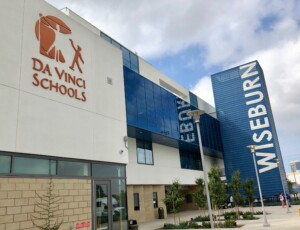EdTech 10: Staying Connected

This week has been all about connectivity. As students head home for the summer and teachers plan for the next school year, the education world is preparing to find new ways to keep us all connected. For more on what connectivity matters check out this blog and see the top stories of the week below.
Blended Schools & Tools
1. Shifts to Connected Learning. This week the Aspen Institute Task Force on Learning and Internet (@AspenTaskForce) released a new report that describes a vision for an approach to teaching and learning that places the student at the center. “Learner at the Center of a Networked World” the report describes five essential principles for creating what the task force describes as “safe, optimized and rewarding learning experiences” and provides a set of action-oriented recommendations for everyone from parents to policymakers. Check out Tom’s thoughts on the report here.
2. Personalization for All. This week Canvas by Instructure (@Instructure) announced a new technology suite designed to help educators make the most of each student interaction by creating an easy way to gather data which integrates seamlessly with the Canvas LMS. The release includes 2 new apps and updated features to both the LMS and gradebook that will support a more personalized experience for kids. But, personalized learning isn’t just for students anymore.
Teacher Andrew Boan (@EdtechToolkit) has created a customized experience for fellow teachers in the Reynoldsburg City Schools (@ReynSchools). “As the Technology Integration Coach of the school, I felt that the MOOC would be a great way to introduce blended learning to our staff members.” When the MOOC he had in mind wasn’t available, he decided to created his own and hosted it on Canvas.net. For more on the future of personalized PD, check out Preparing Teachers for Deeper Learning.
3. Baltimore and Beyond. Digital Harbor Foundation (@DHFBaltimore) announced Center of Excellence for Innovation in Technology Education as a technical assistance and training arm founded to expand opportunities in digital-age technology education by building the capacity of other organizations to replicate Digital Harbor Foundation’s innovative maker programs. The initiatives include technical trainings and workshops for educators, an affiliate program for schools, and advocacy for advancements in policy and supports. Learn more about what is going on in Baltimore from our recent Smart Cities edition.
4. Summer Reading. Here are three new reports to add to this summer’s reading list:
- New Report from NCTQ (@NCTQ) shares the risks involved in poor teacher preparation that is based solely on traditional measures. It gets even more complex when considering how best to prepare teachers for next generation learning.
- New report from NSVF and CCI (@ThinkSchools) (@ChristensenInst) highlights the sophisticated technology strategies from some of the best charter school networks, including KIPP LA (@KIPPLASchools), Summit Public Schools (@SummitPS), Aspire Public Schools (@Aspire), DSST Public Schools (@DSSTPubSchools), Rocketship Education (@RocketshipEd), and others as well as what schools are looking when making software decisions.
- New research from SCOPE (@SCOPE_Stanford) showcases the success of four schools where traditionally underserved students are achieving at levels above both district and state levels. For details, see the research brief, policy brief and accompanying teacher tool.
Digital Developments
5. Spinout. Safanad Limited and Ron Packard, founder and former CEO of K12 Inc. (@K12Learn), announced the launch of Pansophic Learning (@PansophicLearn), a new company whose mission will be to provide access to a high quality education for every student worldwide. Pansophic Learning immediately acquired from K12 Inc. several assets including an international brick and mortar private school, a higher education platform business, and the K12 business in the Middle East.
6. Coalition on Connectivity. In the weeks leading up to a key vote, a group of 100 CEOs and innovators from education technology companies including Amplify (@Amplify), Channel One (@ChannelOneNews), Class Dojo (@ClassDojo), DreamBox Learning (@DreamBox_Learn), LearnZillion (@LearnZillion) and PresenceLearning (@PresenceLearn) today joined forces with EducationSuperHighway (@EdSuperhighway) in a letter to the FCC urging action to expand student access through improved connectivity.
7. Research on Tech Trends. Smart connected devices are growing at an unprecedented rate and are expected to hit 2.4 billion units per year by 2018 according to a new report released by IDC. The annual New Media Consortium (@NMCorg) New Horizon report, released today, from offers a peek into upcoming trends like the shift to Deeper Learning and rethinking the role of teachers.
STEM Gems
8. A Global Force for Good. The US Navy (@USNavy) recently released a new 3-D medical study aid appdesigned to support student understanding of human anatomy and highlight the Navy’s support of student goals. The app features a 3-D learning experience including interactive diagrams of the muscular system, vascular system, heart, skeletal system, skull, brain and more. App is currently available for free in the App Store and Google Play store. Watch here for a demo of the app.
Higher, Deeper, Further, Faster Learning
9. Venti Sized Education. Starbucks (@Starbucks) announced this week they are now offering free online college education to its workers through Arizona State University (@ASU). All of Starbucks 135,000 United States employees who work more than 20 hours a week are eligible to enroll. At the announcement this week CEO Howard Schultz said, “We as a company want to do something that has not been done before. That is, we want to create access to the American Dream, hope and opportunity for everybody.”
10. The Nano Degree. Online course provider Udacity (@Udacity) is teaming up with AT&T (@ATT) to offer an online “Nano Degree.” This computer science program would focus on entry level software skills and help learners develop credentials that would be widely recognized and valued by a range of potential employers. AT&T has committed to reward 100 graduates with paid internships and Udacity has plans for more partnerships.
Instructure, K12, DreamBox, PresenceLearning and Digital Learning Now are Getting Smart Advocacy Partners.







0 Comments
Leave a Comment
Your email address will not be published. All fields are required.